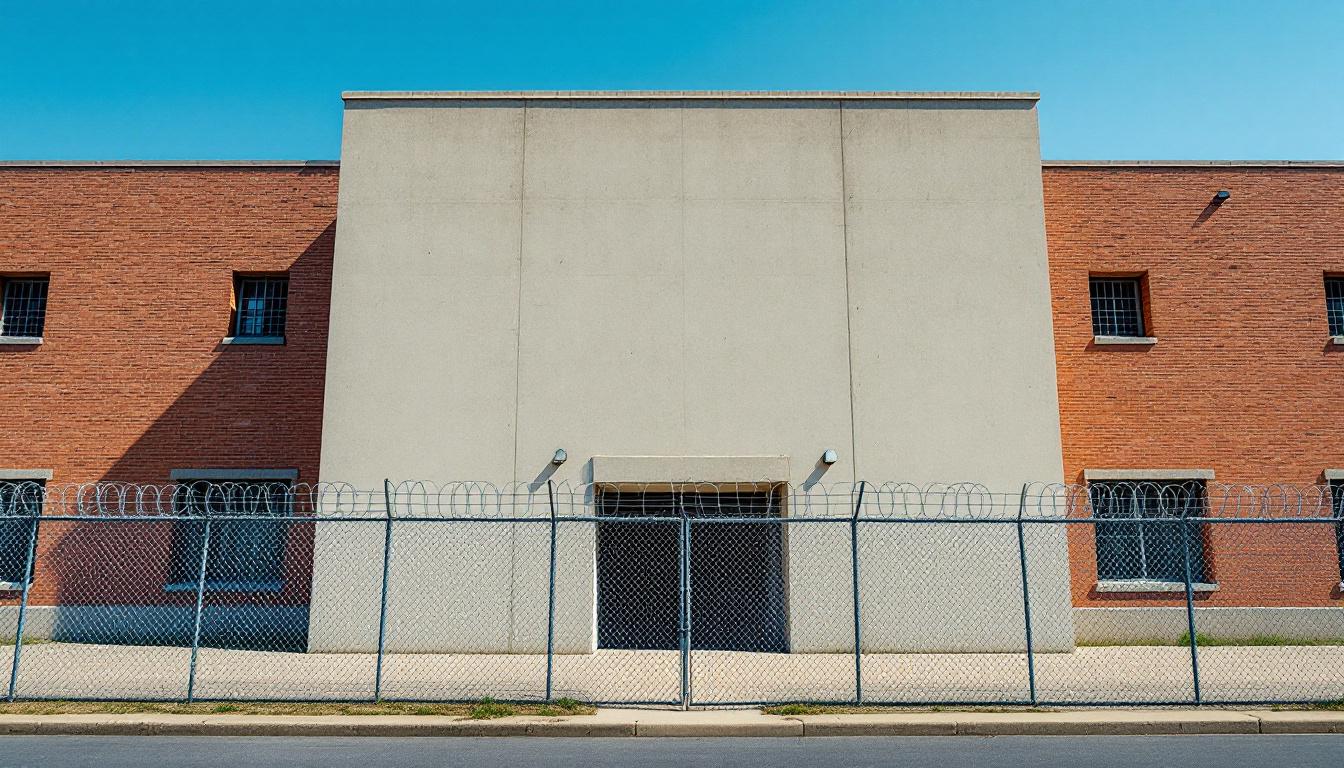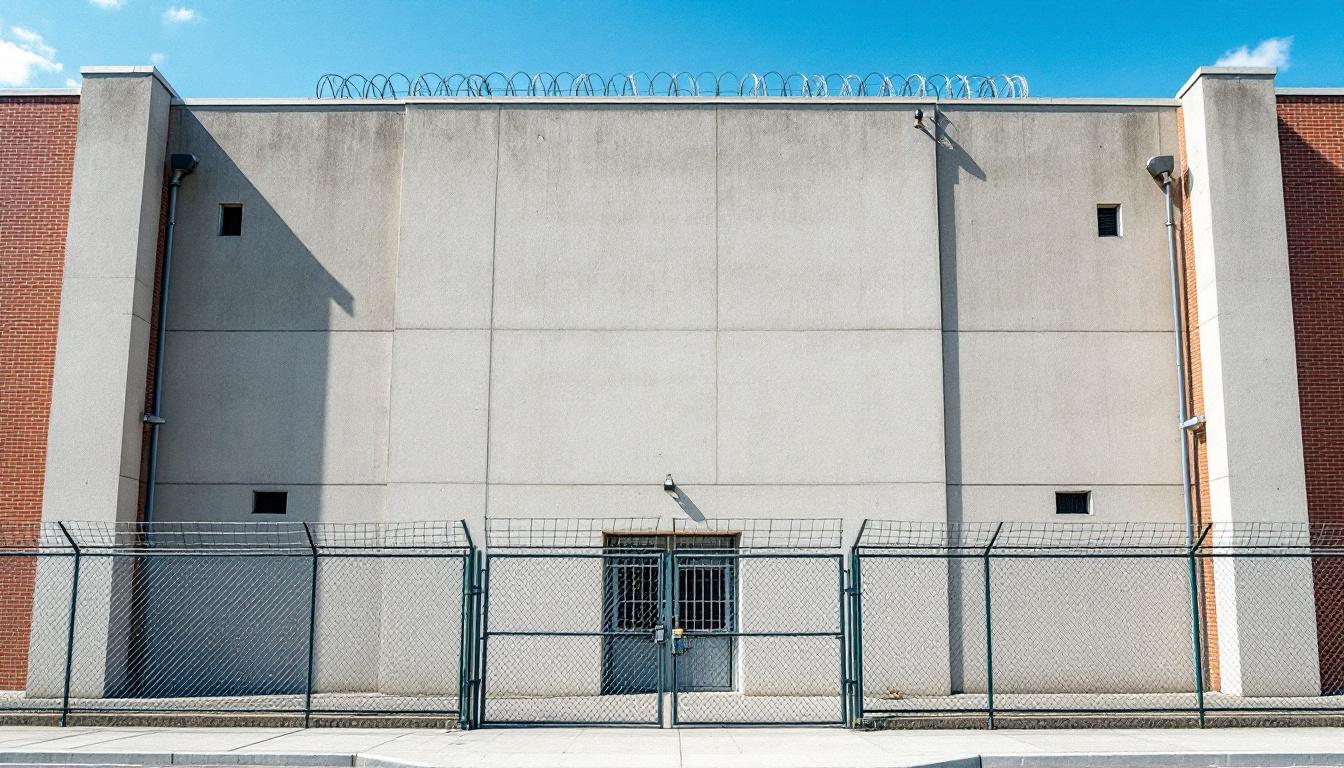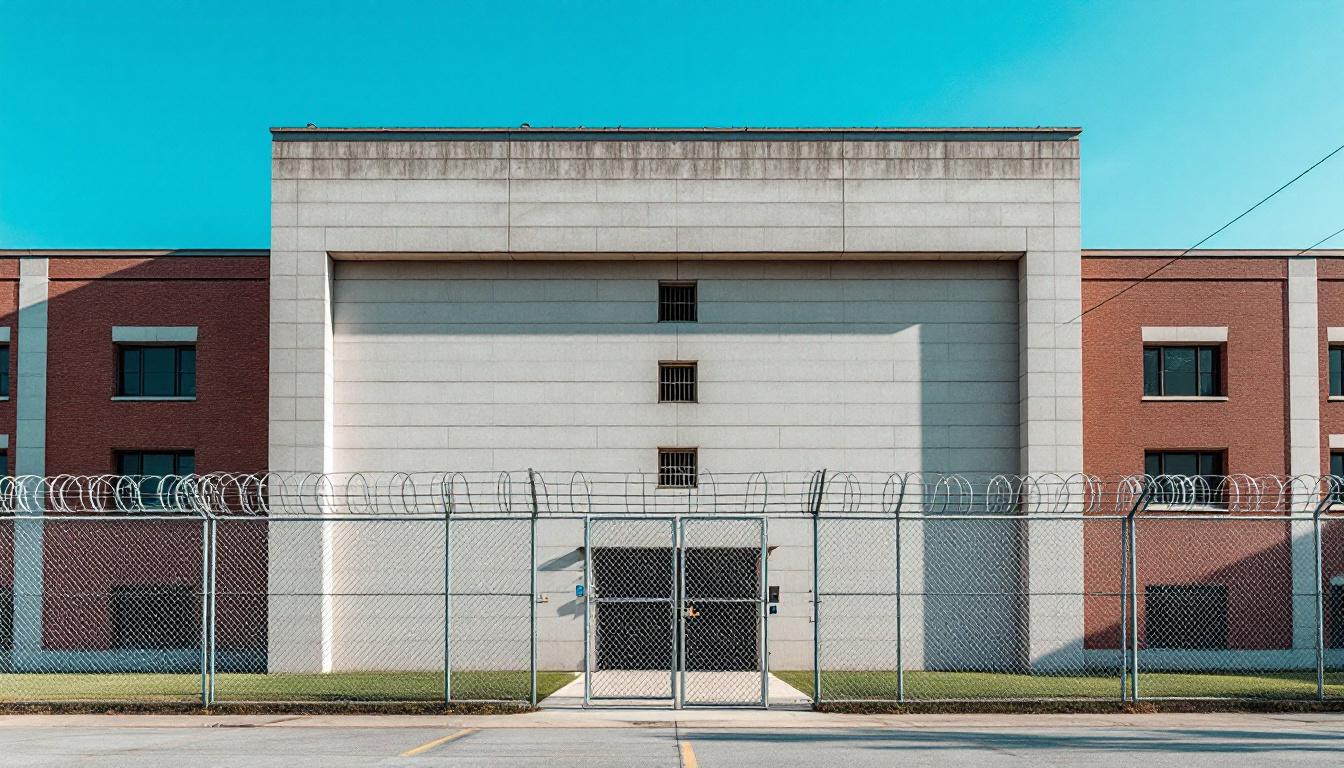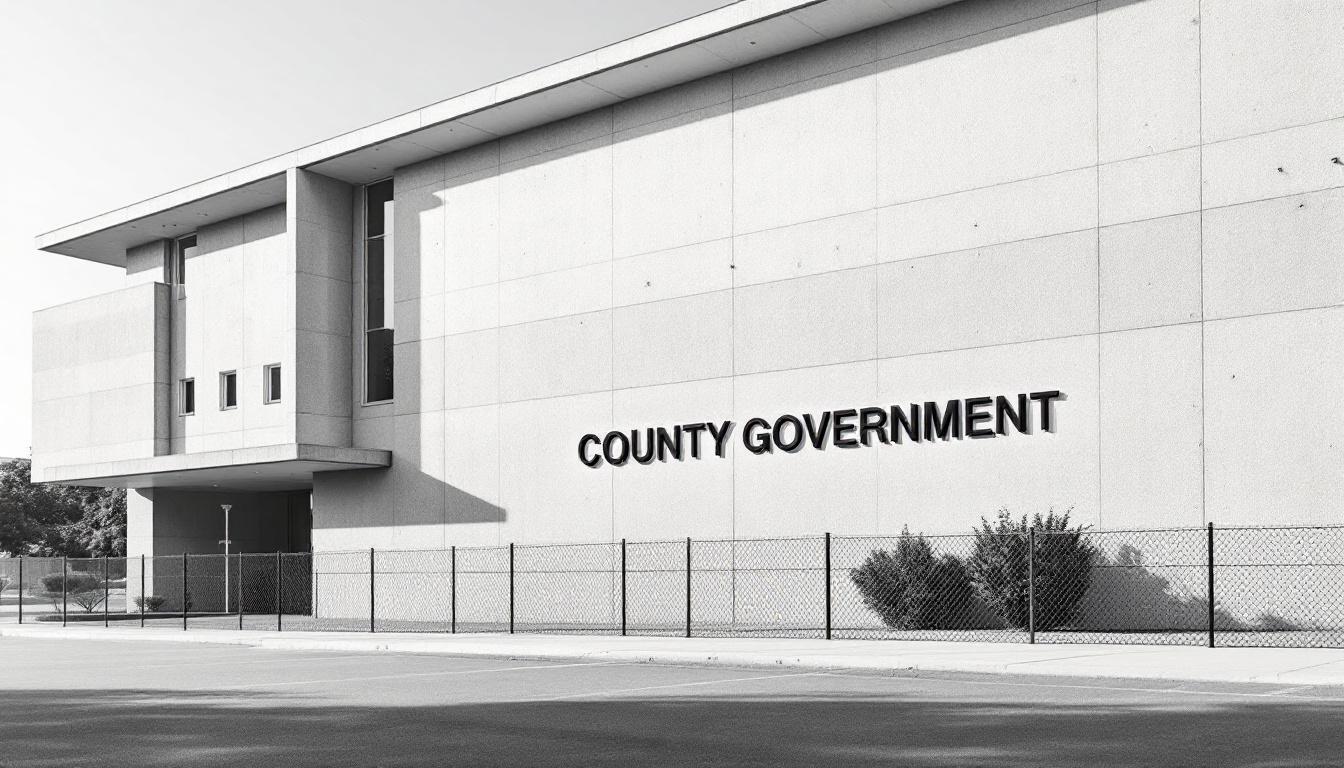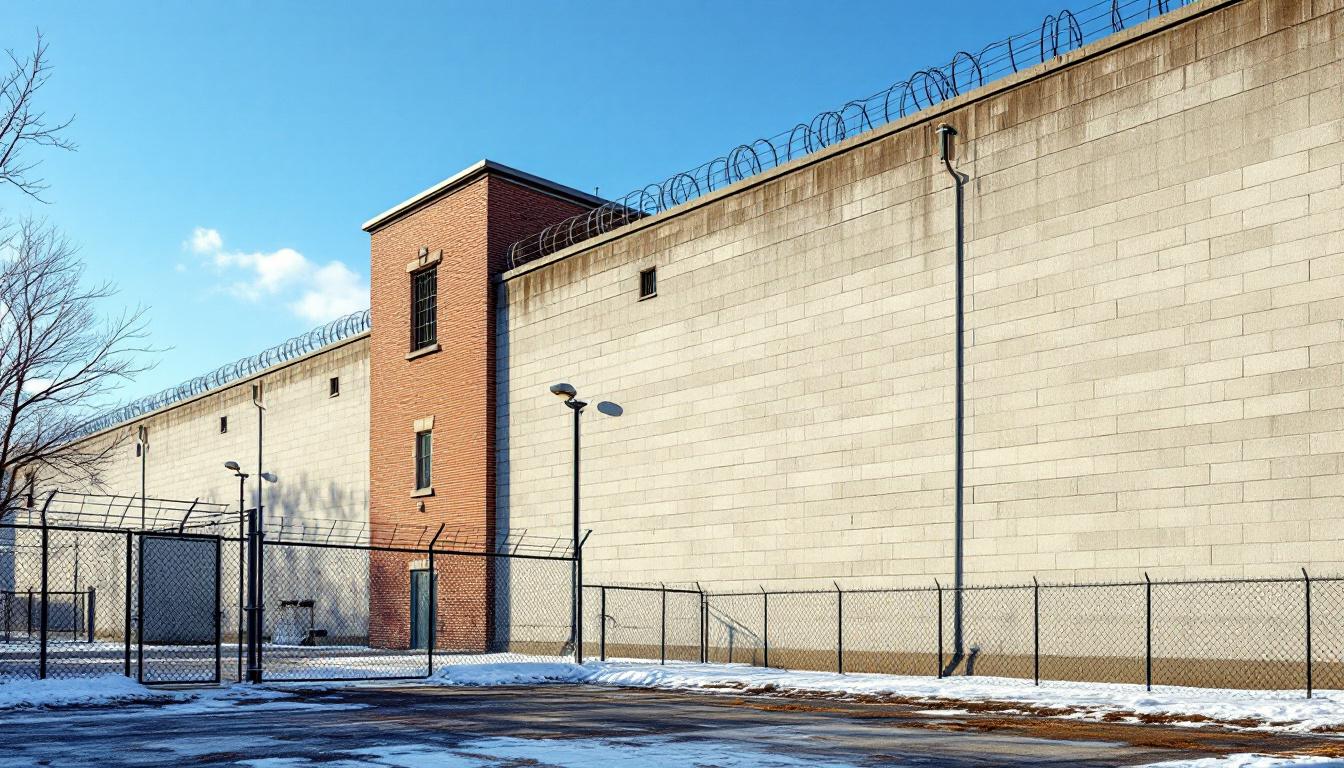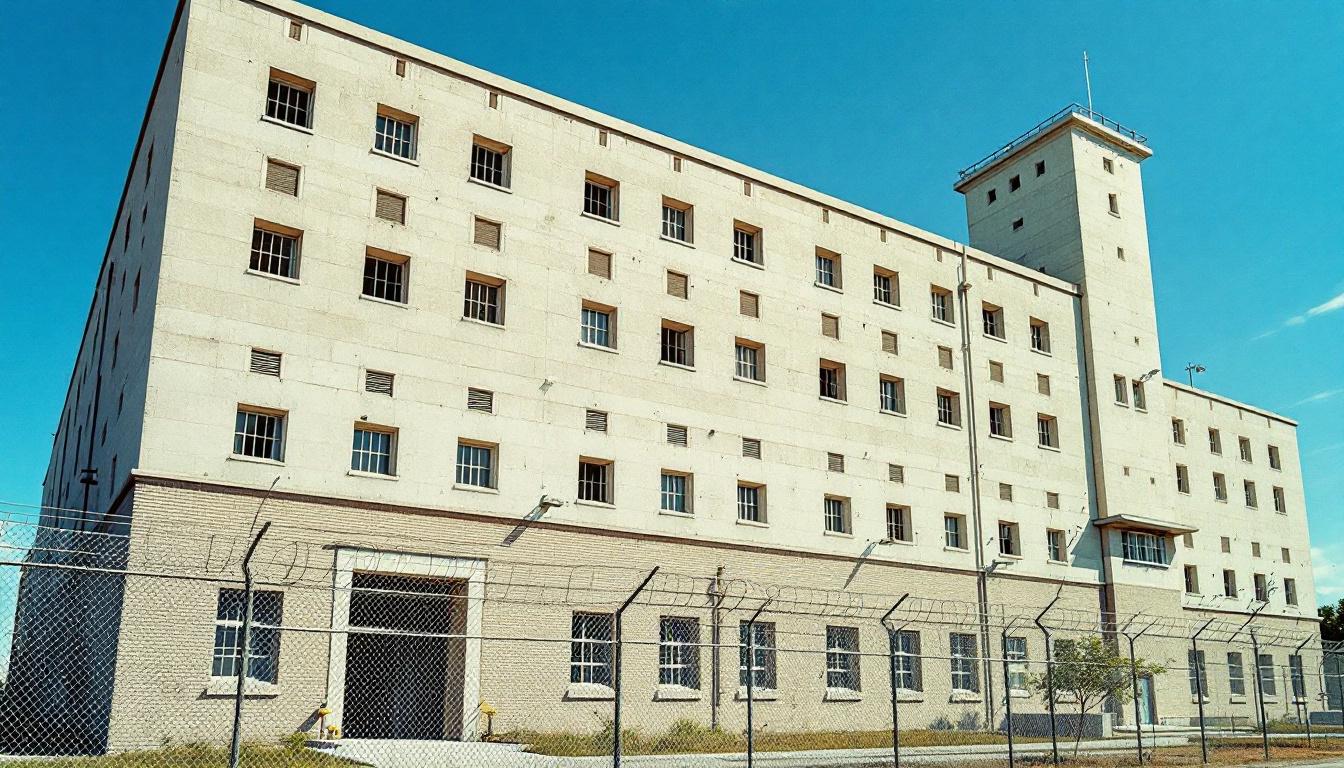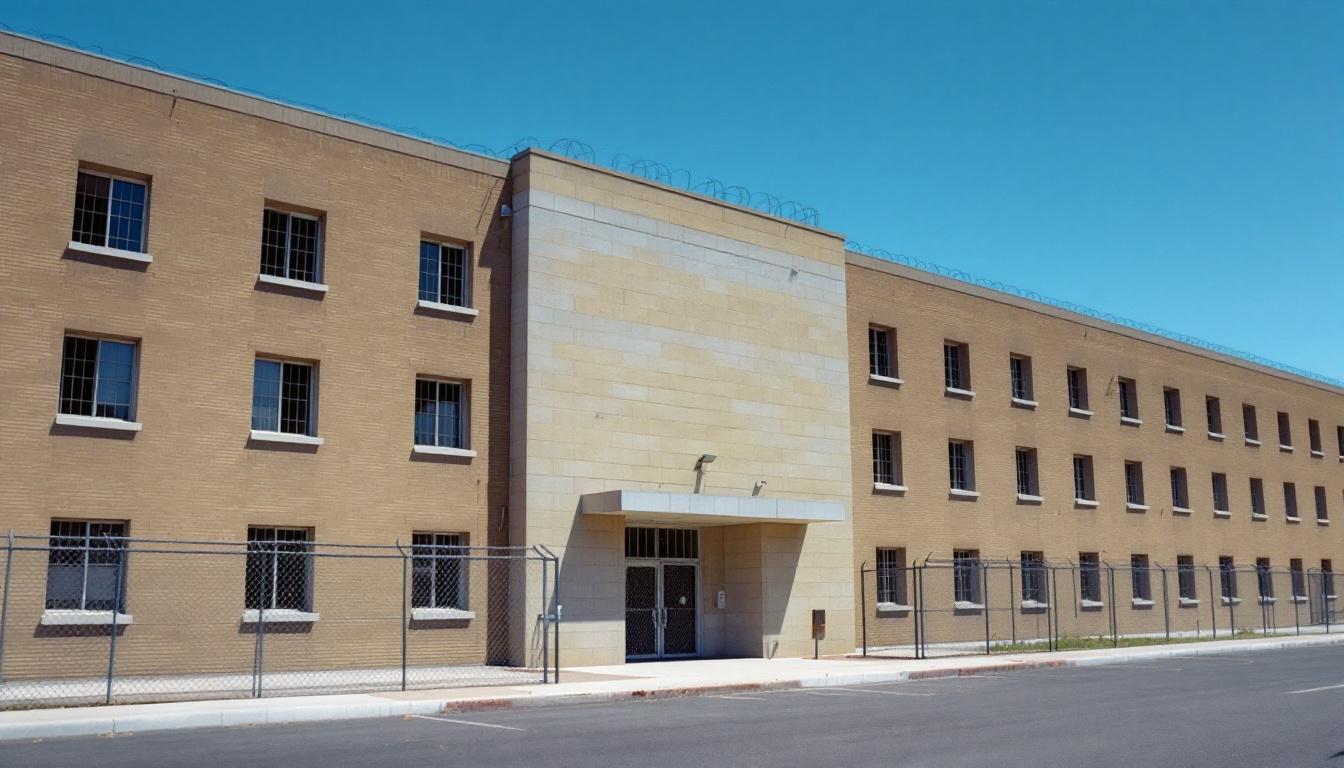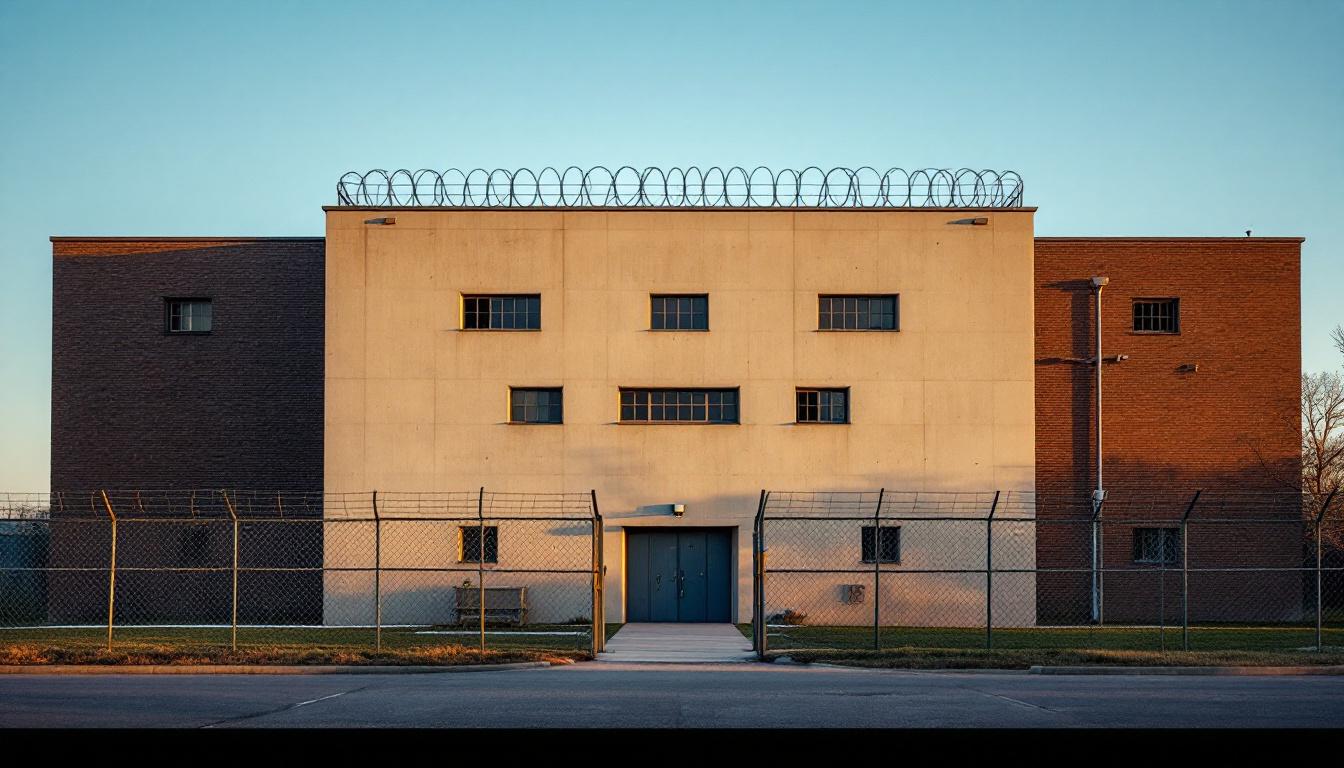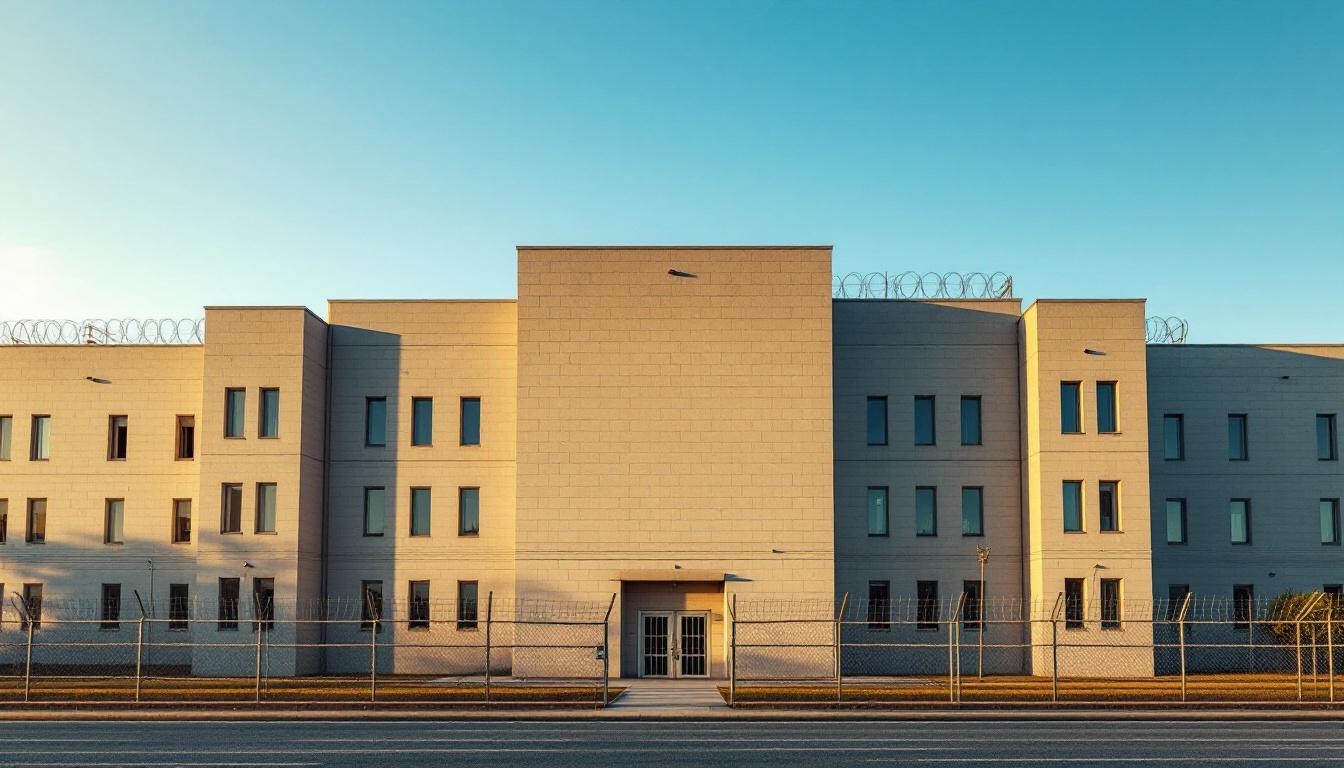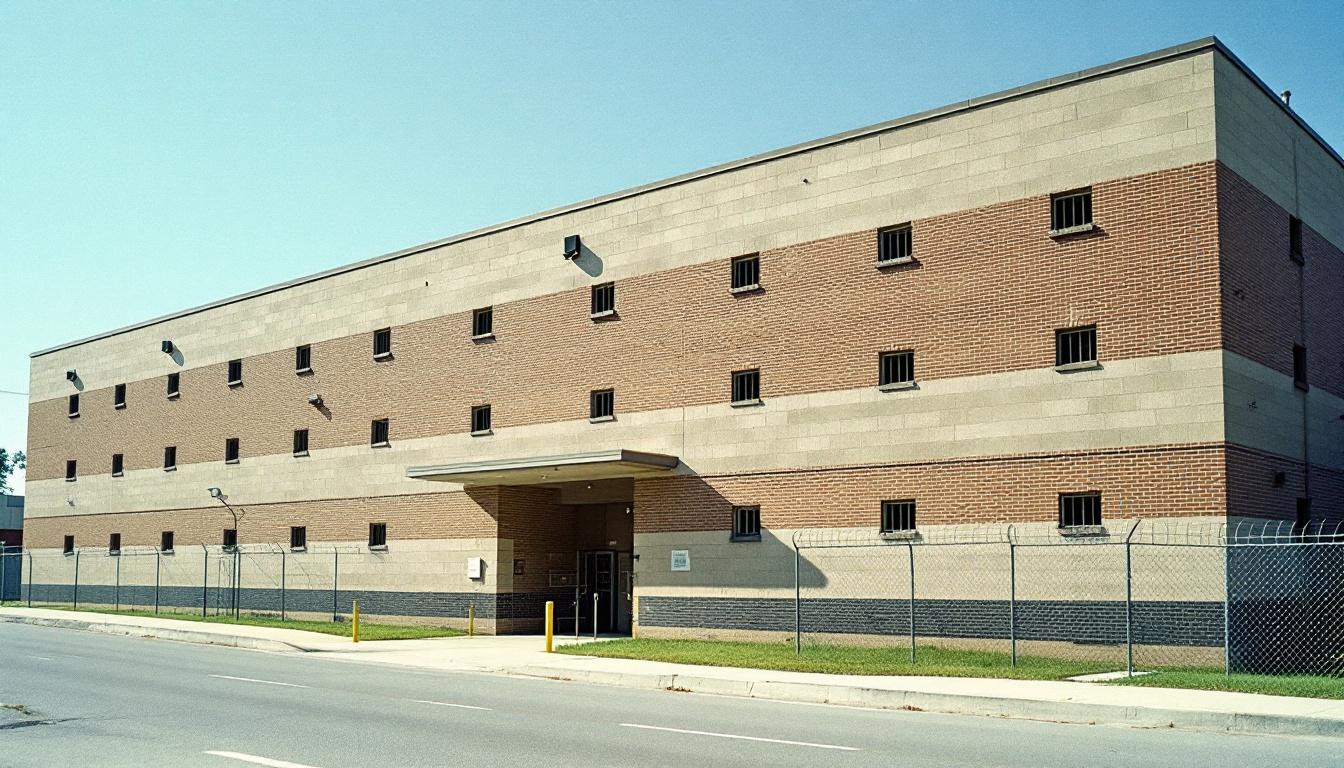
Quick Navigation
How to contact an inmate at Cowlitz County Jail
This comprehensive guide will walk you through how to connect with an inmate at Cowlitz County Jail. Follow the steps below to find an inmate and send letters and photos:
- Search for the inmate using our search tool below
- Create your account or log in to Penmate
- Write your message (up to 6,000 characters)
- Send instantly - inmates receive printed copies daily
Find an Inmate
Search for an inmate to start communicating today
Tip: You can search by first name, last name, or inmate ID number
To contact a person at Cowlitz County Jail start by searching for the person on the official facility website. Perform a search by following these steps:
- Step 1: Enter their first name and last name into the search form and click "Search"
- Step 2: Locate their inmate record
- Step 3: Write down their Inmate ID and any housing information provided
Important! Be sure to enter the person's full name. Nicknames should not be used.
How to Send Messages to Inmates

You can use your phone or computer to send emails, letters, and photos to an inmate. Messages are sent electronically to inmate tablets or kiosks at the facility. If you would like to send a message, start by searching for an inmate at Cowlitz County Jail.
Sending Photos and Postcards

A great way to send love and support to a loved one at Cowlitz County Jail is to send photos and postcards. It only takes a few minutes to send photos from your phone and it makes a huge difference. You can also mail postcards with words of support and inspiration, or design your own postcard for special moments like birthdays and holidays.
Important! Be sure not to send any explicit photos or they may not be approved by the facility. You can also use a photo printing app like Penmate to make sure your photos are printed at the correct size (4x6 or 3x5) and are mailed according to the rules and regulations of Cowlitz County Jail.
Frequently asked questions about Cowlitz County Jail
-
How long does it take to deliver a message?
If you're sending an email message your letter is usually delivered within 24-48 hours. For messages sent via mail you should expect delivery within 3-7 days. All messages will need be approved by Cowlitz County Jail.
-
How much does it cost to send a message to Cowlitz County Jail?
You can send a message free using your phone or mail a message via USPS for the price of a $0.60 stamp and envelope. You can also purchase credits or e-stamps from services starting at $1.99.
-
What services can I use to contact an inmate at Cowlitz County Jail?
Penmate
You can use Penmate to send letters and photos to an inmate from your phone. It's an easy way to stay in touch during your loved one's incarceration. Use the inmate locator to find an inmate's location and contact information, then you can send messages within a few minutes.
Securus messaging
Securus may be another option for communicating with an inmate at Cowlitz County Jail. You can create a friends and family account and purchase credits to send messages. All messages will be reviewed and must be approved by the facility.
JPay
Some county jails and state prisons may support sending messages with JPay. You must register an account with the system, find your loved one, and purchase stamps to send messages. For some locations you can also attach photos.
Smart Jail Mail
You may also check if Smart Jail Mail is available at Cowlitz County Jail. Smart Jail Mail is operated by Smart Communications and has contracted with some state and county jails. After purchasing credits, your messages and photos are sent to the facility, printed out, and then handed out to your loved one.
-
What is the mailing address of Cowlitz County Jail?
Mailing address:
Cowlitz County Jail
1935 1st Ave S
Longview, WA 98632
Phone: (360) 577-3094Business hours:
- Monday: Open 24 hours
- Tuesday: Open 24 hours
- Wednesday: Open 24 hours
- Thursday: Open 24 hours
- Friday: Open 24 hours
- Saturday: Open 24 hours
- Sunday: Open 24 hours
-
What are the visiting hours at Cowlitz County Jail?
Visiting hours at Cowlitz County Jail vary by housing unit and security level. Generally, visits are scheduled on weekends and holidays, with some facilities offering weekday visits. Contact the facility directly at (360) 577-3094 or check their website for the current visiting schedule. Visits typically last 30-60 minutes and must be scheduled in advance.
-
What items are prohibited when sending mail to Cowlitz County Jail?
Prohibited items typically include: cash, personal checks, stamps, stickers, glitter, glue, tape, staples, paperclips, polaroid photos, musical or blank greeting cards, hardcover books, magazines with staples, and any items containing metal or electronics. Only send letters on plain white paper with blue or black ink. Photos must be printed on regular photo paper (no Polaroids). Always check with Cowlitz County Jail for their specific mail policies.
-
How do I send money to an inmate at Cowlitz County Jail?
You can send money to an inmate at Cowlitz County Jail through several methods: 1) Online using JPay, Access Corrections, or the facility's approved vendor, 2) Money orders mailed directly to the facility with the inmate's name and ID number, 3) Kiosks located in the facility lobby, or 4) Over the phone using a credit or debit card. Fees vary by method, typically ranging from $2.95 to $11.95 per transaction.
-
Can I schedule a video visit with an inmate at Cowlitz County Jail?
Many facilities now offer video visitation as an alternative to in-person visits. At Cowlitz County Jail, video visits may be available through services like Penmate, Securus Video Connect, GTL, or ICSolutions. Video visits typically cost $10-20 for 20-30 minutes and must be scheduled in advance. You'll need a computer or smartphone with a camera and reliable internet connection. Contact the facility for their specific video visitation policies and approved vendors.
-
What identification do I need to visit an inmate at Cowlitz County Jail?
All visitors must present valid government-issued photo identification such as a driver's license, state ID, passport, or military ID. Minors must be accompanied by a parent or legal guardian who can provide the minor's birth certificate. Some facilities require visitors to be on the inmate's approved visitation list, which may require a background check. Contact Cowlitz County Jail for specific ID requirements and visitor approval procedures.
-
How can I find out an inmate's release date?
To find an inmate's release date at Cowlitz County Jail, you can: 1) Use the online inmate search tool if available, 2) Call the facility's records department, 3) Contact the inmate's case manager or counselor, or 4) Have the inmate provide this information during a call or visit. For privacy reasons, some facilities only release this information to immediate family members.
Facility Overview
Official Website
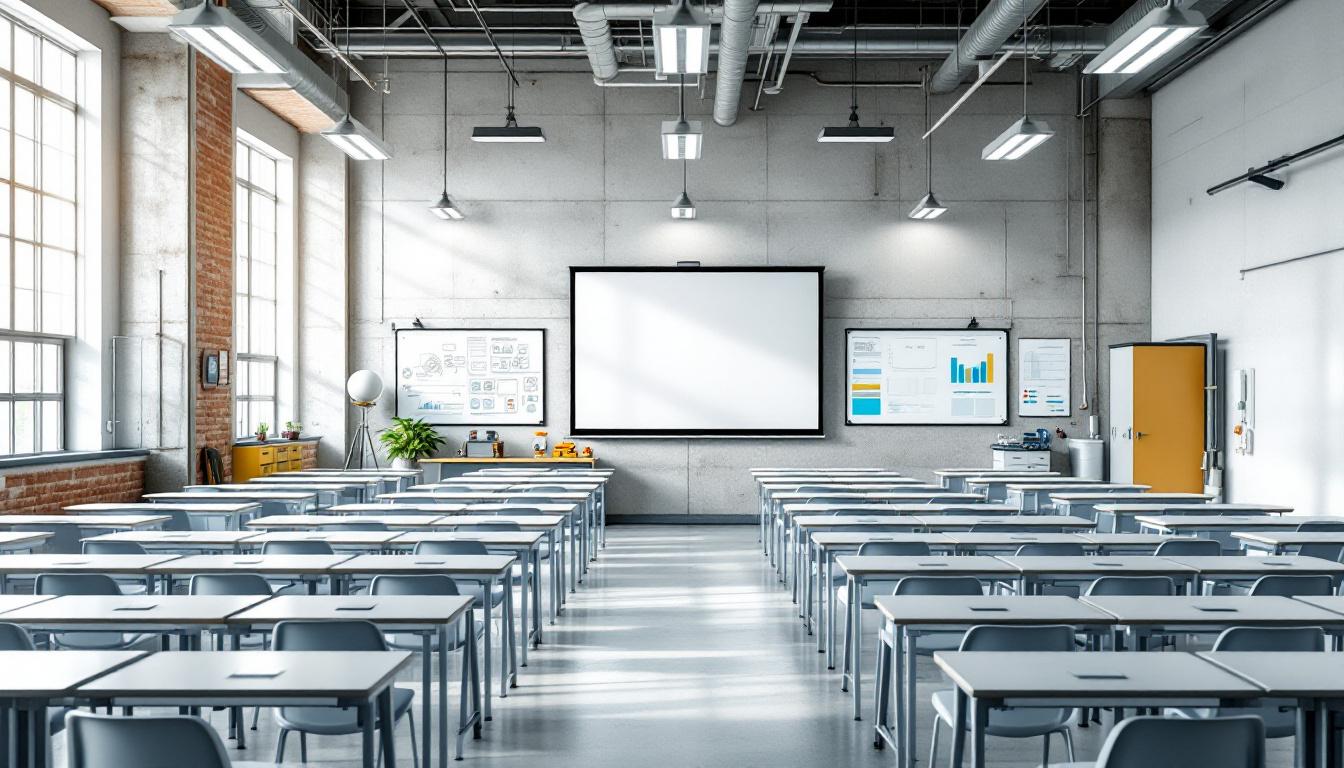
About Cowlitz County Jail
Within the heart of Longview, Washington, where the Columbia River shapes the landscape and community, the Cowlitz County Jail, WA serves as a vital component of the regional correctional infrastructure. This facility operates as more than a detention center, functioning as a bridge between accountability and community reintegration for individuals within the county's justice system. The institution typically maintains its focus on preparing residents for successful transitions back into the broader Longview community and surrounding areas.
As a WA correctional facility, the jail generally emphasizes residents services that may include educational programming, substance abuse counseling, and vocational preparation opportunities. These programs often reflect the facility's commitment to addressing underlying factors that contribute to criminal behavior while supporting personal development. The county jail typically collaborates with local service providers and community organizations to create pathways for residents to access resources that extend beyond their time in custody.
The facility's role within Washington State's correctional framework involves serving both pre-trial detainees and sentenced individuals, often coordinating with state-level institutions and community supervision programs. Staff members generally work to maintain security while fostering an environment conducive to rehabilitation and personal growth. Through this balanced approach, the institution aims to contribute meaningfully to public safety while supporting individuals in developing the skills and connections necessary for productive community reintegration upon release.
Programs & Services
Educational services form the cornerstone of rehabilitative initiatives at Cowlitz County Jail, where residents may access comprehensive academic programming designed to address fundamental learning gaps while fostering long-term personal development. The facility typically emphasizes a holistic approach to resident transformation, recognizing that meaningful change often emerges through carefully structured opportunities that address both immediate educational needs and broader life skills development. This philosophy permeates throughout various initiative categories, creating an interconnected framework where residents can engage with multiple pathways toward personal growth and community reintegration.
Academic programming often includes basic literacy instruction, GED preparation courses, and adult basic education services that may deliver foundational skills essential for post-release success. Additionally, vocational programs typically provide residents with hands-on training in practical trades and marketable skills, while work programs may offer structured employment opportunities within the facility that help residents develop workplace competencies and personal responsibility. These educational and vocational initiatives often emphasize skill-building that directly correlates with employment opportunities in the surrounding community, helping residents establish concrete pathways toward economic stability upon release.
Therapeutic and support services complement educational offerings through trauma-informed care approaches that may address underlying factors contributing to criminal behavior patterns. Additionally, restorative justice initiatives typically provide structured opportunities for residents to engage in meaningful dialogue about accountability, victim impact, and community healing processes. These support services often include counseling programs, conflict resolution training, and peer support groups that may deliver emotional and psychological tools necessary for sustainable behavioral change, creating a comprehensive environment where residents can address both practical skills deficits and deeper personal challenges that may have contributed to their incarceration.
Daily Life & Visitation
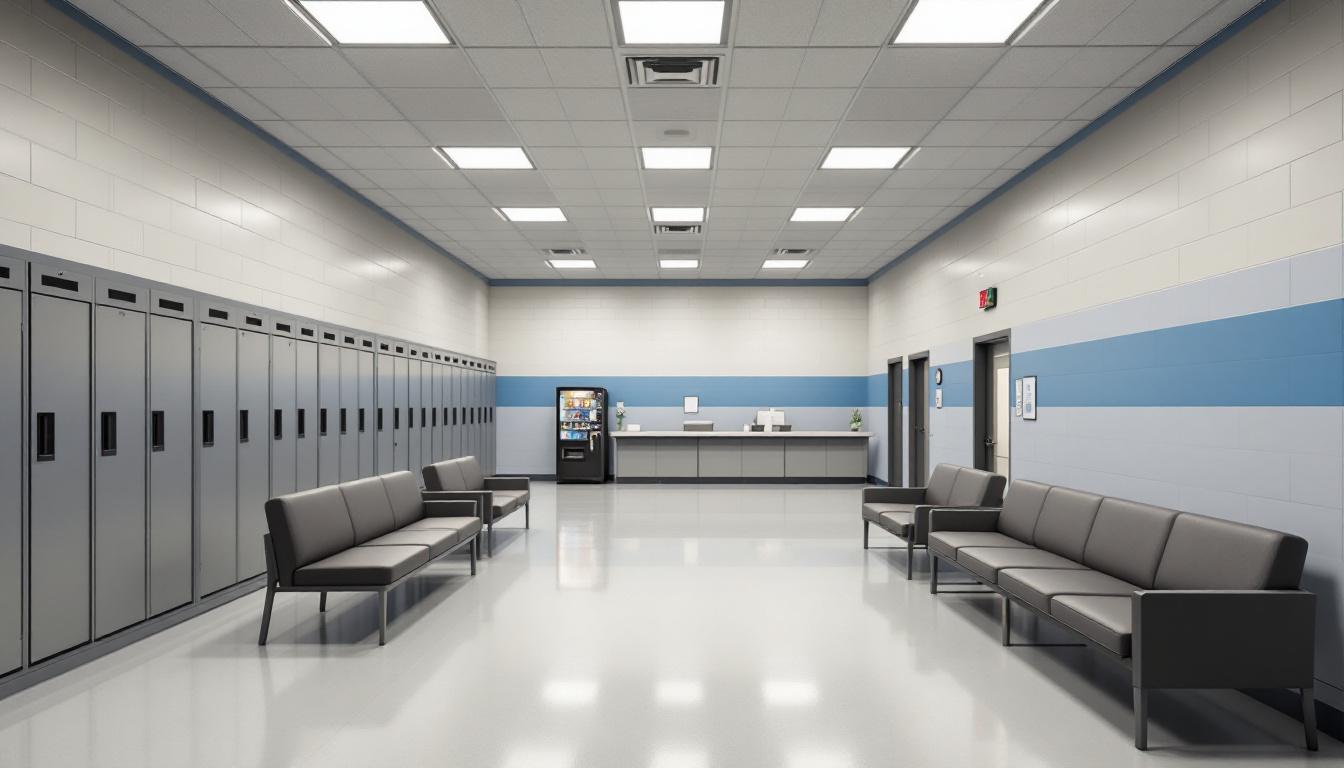
The steady rhythm of scheduled activities and consistent routines forms the backbone of residential life, delivering structure that many residents find helps them navigate their time more effectively. Today's schedule typically begins with early morning wake-up calls, followed by head counts and meal service, creating a predictable framework that residents can rely on. This structured approach consistently provides clear expectations and regular intervals throughout each day, allowing individuals to develop routines around meals, programming, and personal time.
Additionally, living accommodations generally consist of dormitory-style housing units or individual cells, depending on classification levels and available space. Residents typically receive basic bedding, personal hygiene items, and have access to commissary services where they may purchase additional approved items using funds from their accounts. While personal property is usually limited to essential items and a small number of approved personal effects, the facility generally maintains policies that allow residents to retain important documents and limited personal correspondence.
The facility typically offers various recreational opportunities, including access to television areas, reading materials, and scheduled exercise periods in designated areas. Work assignments may include kitchen duties, cleaning responsibilities, or facility maintenance tasks, which often provide residents with structured activity and sometimes modest compensation. Communication with family members usually occurs through scheduled phone calls, written correspondence, and visitation sessions that follow established security protocols, helping residents maintain important connections with their support systems throughout their stay.
Ready to Connect?
Start communicating with your loved one today
Search for an Inmate
